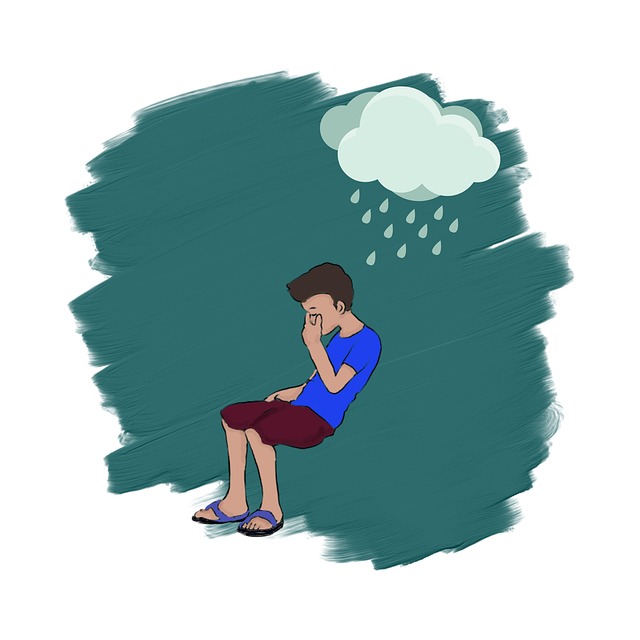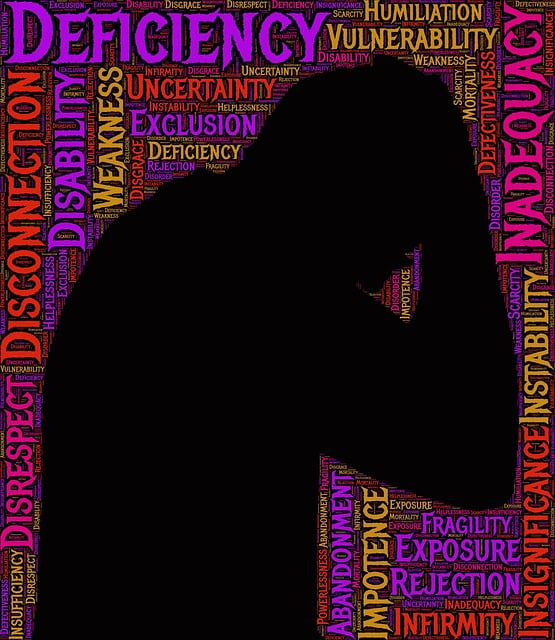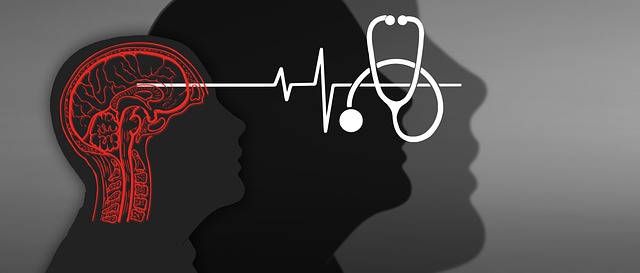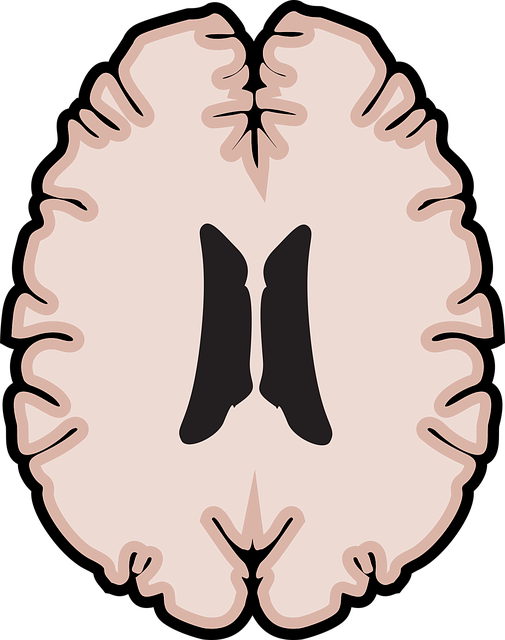Community outreach programs in Louisville, driven by local organizations and volunteers, connect diverse populations, address codependency and trauma through empathy-building strategies, trauma support services, and stress reduction methods. These initiatives include awareness campaigns, educational workshops, and direct service provision, fostering a sense of belonging and self-care. Targeted outreach strategies, leveraging social media, collaborations, and informational sessions, expand access to Louisville Codependency Therapy, raise awareness, dispel stigma, and encourage mental well-being. Tailored Mental Health Education Programs focus on self-esteem improvement and emotional intelligence. Evaluating program impact through participation rates, follow-up engagement, and client feedback is crucial for refining strategies and enhancing mental health services, fostering a healthier Louisville.
Community outreach programs play a pivotal role in enhancing mental health support, particularly in urban centers like Louisville. These initiatives aim to bridge the gap between healthcare services and those in need, offering crucial resources and therapy options, such as codependency treatment. This article explores the implementation of effective outreach strategies tailored for Louisville’s unique needs, focusing on improving access to mental health care. We delve into successful case studies and measurement methods to evaluate the impact, highlighting the importance of community engagement in transforming lives through Louisville Codependency Therapy.
- Understanding Community Outreach Programs: Their Role and Impact in Louisville
- Implementing Effective Outreach Strategies for Codependency Therapy in Louisville
- Measuring Success: Evaluating the Effectiveness of Community Outreach Programs for Mental Health Support
Understanding Community Outreach Programs: Their Role and Impact in Louisville

Community Outreach Programs play a pivotal role in fostering connection and healing within Louisville’s diverse population. These initiatives, often driven by local organizations and volunteers, aim to bridge gaps between different communities, especially those facing challenges like codependency and trauma. By implementing various Empathy Building Strategies, these programs create safe spaces where individuals can access essential Trauma Support Services and discover effective Stress Reduction Methods.
Louisville’s vibrant tapestry comes alive with outreach efforts that empower residents to take charge of their well-being. Through awareness campaigns, educational workshops, and direct service provision, community members learn about the resources available to them, fostering a sense of belonging and self-care. This collective approach not only addresses immediate needs but also paves the way for long-lasting positive change in the city’s social landscape.
Implementing Effective Outreach Strategies for Codependency Therapy in Louisville

Implementing effective outreach strategies is key to introducing and expanding access to Louisville Codependency Therapy services within the community. This involves tailored approaches that address the unique needs and challenges faced by diverse populations in Louisville. By integrating creative methods, such as utilizing social media platforms, collaborating with local community centers and faith-based organizations, and hosting informational sessions, mental health professionals can overcome barriers to care. These initiatives are designed to increase awareness about codependency therapy, break down stigma associated with seeking help, and encourage individuals to prioritize their mental well-being.
Focusing on the design of Mental Health Education Programs that empower individuals with self-esteem improvement and emotional intelligence techniques is pivotal. Such programs can be adapted for various settings, including schools, workplaces, and community gatherings, ensuring a wide reach. By fostering open conversations about codependency and its impact, these strategies aim to normalize the pursuit of therapy and create a supportive environment where individuals feel comfortable seeking professional help. Ultimately, these outreach efforts contribute to a healthier Louisville by promoting resilience, self-awareness, and positive mental health outcomes.
Measuring Success: Evaluating the Effectiveness of Community Outreach Programs for Mental Health Support

Evaluating the success of community outreach programs is vital to understanding their impact on mental health support. Measuring effectiveness involves assessing how well these initiatives reach and assist individuals in need, particularly those struggling with codependency in Louisville. By collecting data on program participation rates, follow-up engagement, and client feedback, organizations can gauge the overall value provided.
Key metrics include tracking improvements in clients’ self-care routine development for better mental health and social skills training outcomes. For example, increased attendance at local support groups or a reduction in crisis hotline calls post-program could indicate positive changes. These evaluations are essential to refining strategies, ensuring resources are allocated efficiently, and ultimately enhancing the availability of mental health services within the community, fostering a healthier Louisville.
Community outreach programs, such as those focusing on Louisville codependency therapy, play a vital role in enhancing mental health support within communities. By implementing effective strategies, as highlighted in this article, organizations can reach individuals in need and significantly improve overall well-being. Measuring the success of these initiatives is crucial to understanding their impact and refining approaches for better outcomes, ensuring that resources are allocated efficiently to meet the unique needs of Louisville’s residents.














